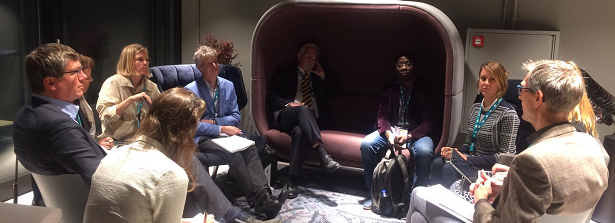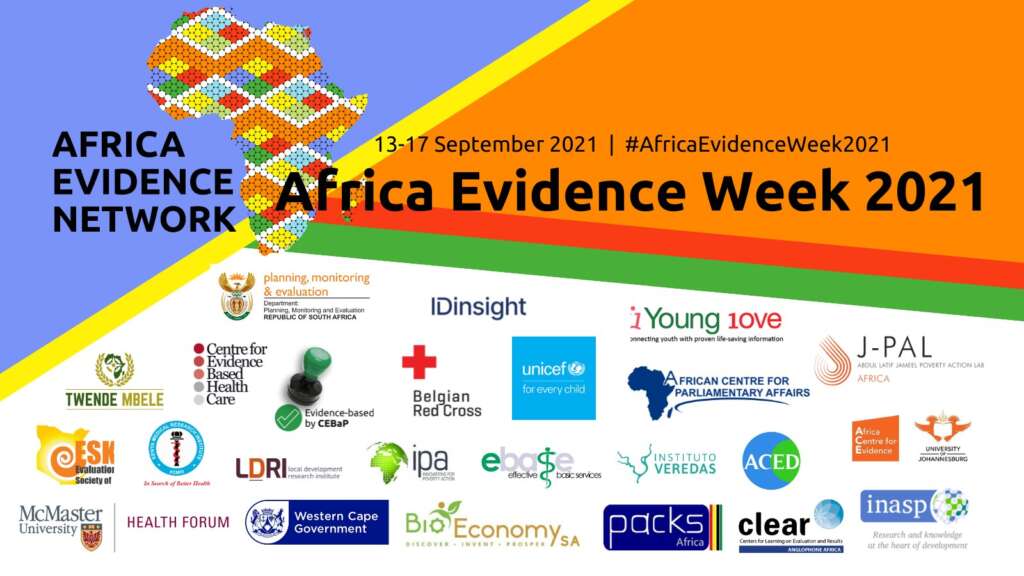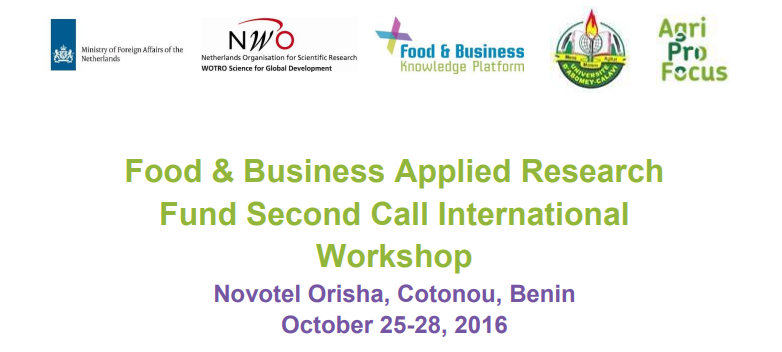The Africa LEEPS (Learning together to advance Evidence and Equity in Policymaking to achieve the SDGs) Partnership is an African-led initiative that aims to strengthen knowledge translation – how evidence is produced, translated, and used in policymaking in sub-Saharan Africa with a focus on promoting gender equity at all stages of the policymaking process. LEEPS is funded by the International Development Research Centre, William and Flora Hewlett Foundation, and Robert Bosch Stiftung Foundation.
Two regional hubs lead technical and policy engagement activities in the LEEPS Partnership. The West Africa Regional Hub is led by the African Center for Equitable Development (ACED) and Initiative prospective Agricole et rurale (IPAR), and the East Africa Regional Hub is co-led by a consortium of partners led by Centre for Rapid Evidence Synthesis (ACRES) and the African Institute for Policy Development (AFIDEP). The regional hubs are developing and testing different approaches for promoting consistent and equitable use of evidence in policymaking with a focus on strengthening capacity and evidence systems. The hubs will support knowledge translation efforts across different SDG priorities, including health, environment and climate change, and governance, documenting how these efforts are influencing policy or program change, and building an evidence base for the most effective approaches.
In two rounds of discussion panelists will explore:
- Locally led approaches to strengthening knowledge translation in Africa
- What does a locally led evidence partnership look like? How is the partnership centering country-level research priorities and the leadership of proximate partner organizations?
- What are we learning about effective knowledge translation approaches to facilitate evidence use in government policymaking? How do differing cultural and political contexts shape knowledge translation strategies? Why is it critical for evidence system building to be locally led?
- Collaborative cross-region learning as an approach to jointly solve problems and facilitate complex evidence system strengthening efforts


